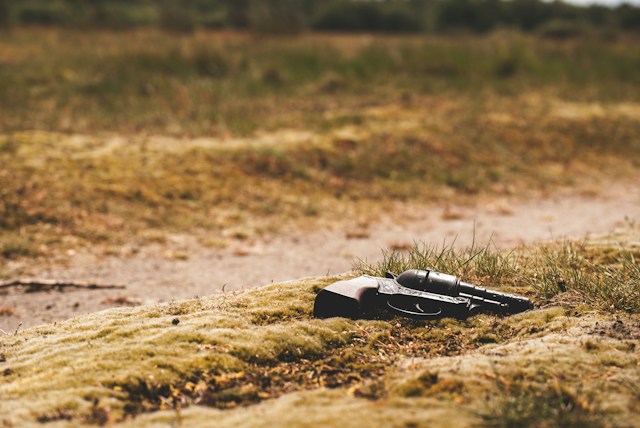
The Ultimate Guide to Court-Ordered Courses for Illegal Weapons Possession
A licensee may not sell, deliver, or transfer any firearm or ammunition to a person the licensee knows is prohibited from receiving such weapons or ammunition by Federal law. For example, a firearm cannot be sold or transferred to a convicted felon, a person bound by a domestic violence protection order, or a person who has had a serial number removed from a gun.
Many states and the federal government enforce laws prohibiting the possession of certain weapons. These laws also regulate how these weapons can be used and stored.
A court must determine an initial culpability category considering the Type of Weapon and other factors.
What to Expect
Generally, people can’t legally possess firearms if they have been convicted of certain crimes, including most misdemeanor offenses related to domestic violence. They can also lose their rights to own guns if they are under probation, community supervision, or work furlough and if they are undocumented immigrants. If convicted of illegal weapons possession, they may be required to join a court ordered illegal weapons possession course.
Laws prevent gun owners from transferring their handguns to anyone ineligible or the transfer is done with a licensed gun dealer. In addition, they must surrender their handguns when they become ineligible.
State laws also require people to store their loaded firearms in a place where they cannot gain access without being able to secure or retrieve them. They are prohibited from carrying those weapons on any premises if they know that a minor (someone under the age of 16) might be likely to get into the area or have access to the gun.
What Courses Are Accepted by the Courts?
A criminal possession of a weapon charge is a serious matter that can lead to prison time and a permanent record. A skilled attorney can analyze your case’s circumstances and determine a strategy for beating the charges or winning a not-guilty verdict at trial.
For example, if you are charged with possessing a weapon at a federal facility, your defense strategy could involve showing that the gun was not being used in furtherance of another crime and that the weapon was not possessed in a way that would violate any law or regulation. An attorney can also challenge evidence obtained through an illegal search or seizure.
A conviction of a weapons charge is a felony and carries the potential for significant prison time and fines. The right private attorney can help you avoid a conviction and limit your potential prison time and fines. The best possible outcome for your case could be a plea bargain with prosecutors for a lesser charge requiring less jail time or a not-guilty verdict at trial.
The Final Words
If you are found guilty of possessing a weapon that is not authorized by law to be in your possession, there will likely be serious legal consequences. These can range from a misdemeanor to a felony conviction, and they will stay on your record for life. As a result, it’s essential to know what types of weapons are considered illegal and what type of person is typically disarmed by these laws. For example, according to the U.S. Solicitor General, many states disarm individuals deemed “not law-abiding and responsible citizens.” These individuals include minors, intoxicated persons, felons, vagrants, and those under domestic violence restraining orders.
The first term to understand is “possession.” To have criminal possession of something, you must know that it is prohibited. You must also know that you have or can control it. To determine the category of criminal possession, courts must consider both types of guilt and the other characteristics of an offender.
